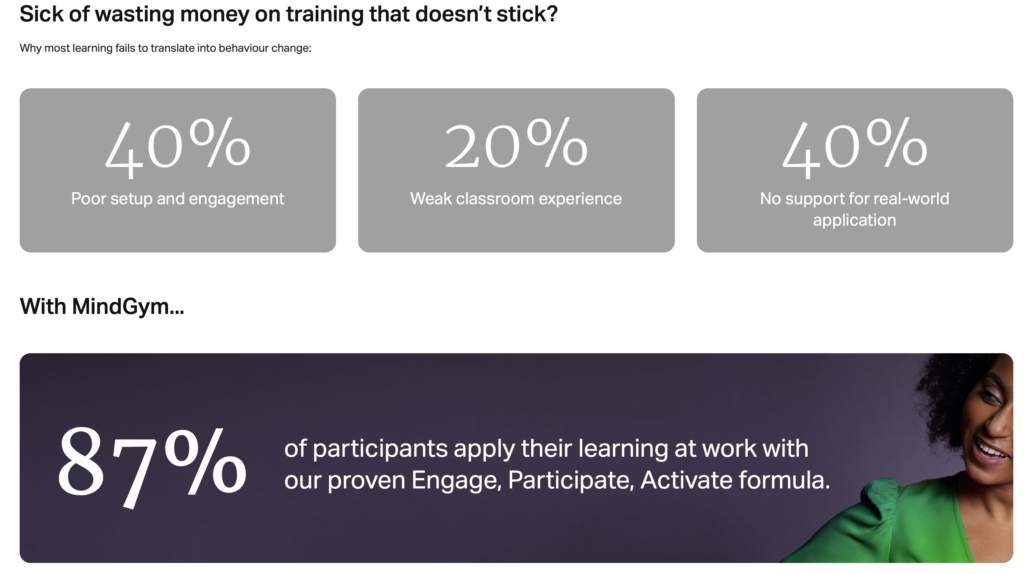As a programme to retrain the Town Hall’s frontline managers is revealed to have been deeply flawed, doubts again surface about how LBWF spends public money
In the past few years LBWF has vigorously pursued an equality, diversity and inclusion (EDI) agenda aimed at transforming its internal culture, an agenda that has involved all employees, from top to bottom; cost thousands of pounds; and, because delivered via various kinds of training, eaten up significant amounts of staff time.
Little has been said about this agenda in public, but Freedom of Information requests have begun to uncover some of the details (see link, below).
One very pertinent issue is whether the agenda has benefited either those working in the Town Hall or, more importantly, those providing the funding – local residents.
Here, the evidence so far is very thin, but there are few straws in the wind, and what follows discusses one of them.
In 2022-23, LBWF spent £80,462 bringing in outside providers to help with delivery, and one of these was MindGym.
MindGym is a large London based PLC that describes itself as using data and the latest behavioural science to transform how people think, lead, and perform.
And because of this approach, MindGym claims, it is far more effective than other providers, a point made prominently on its website:
MindGym’s remit in the Town Hall was high profile: to run a year’s worth of ‘innovative management and leadership training to circa 300 managers who supervise frontline staff’.
So how did it do?
The numbers involved were certainly disappointing, with only about a third of those targeted attending.
In addition, a later LBWF assessment of how the training had panned out is largely downbeat.
There were undoubtedly some ‘strengths’.
Feedback was ‘initially positive’; participants benefited from networking and so on; and individual sessions were well attended, appreciated, sometimes ‘raw and engaging’.
Yet against this were a host of ‘weaknesses’, summarised thus:
‘There was no qualification for participants (missed opportunity to align with apprenticeships)
Participants felt a 12-month programme was too long
Staff were “volunteered”…and so not all were engaged in the opportunity
There was not enough clarity on the programme and [it] did not meet the expectations of all participants
Promotion for sessions could be improved; this led to inconsistent numbers in sessions
Lack of an effective evaluation process from MindGym at the end of contract
No mentoring / coaching to support the programme
Provider did not deliver on supporting the embedding [of] the learning and ensuring practical application’.
Some of this, for example the fact that staff were ‘“volunteered”’, is merely comical.
But much suggests that neither MindGym nor LBWF had properly supervised what was going on, the latter’s failure particularly reprehensible because it held the purse strings, and moreover had a duty to spend public money prudently.
To conclude, this episode prompts several obvious questions.
Was anyone on the council side found to have acted irresponsibly? Were they sanctioned? Or was everything swept under the carpet?
How did LBWF conclude matters with MindGym. Did it ask for a rebate?
And, returning to the broader context, was this a one off, or have other components of the EDI agenda been similarly flawed?
Watch this space.

